Community
Research Associates
Research Associates work directly with The Readability Consortium’s Research Team and Members on projects aligning with our interests, providing and receiving in-kind resources.



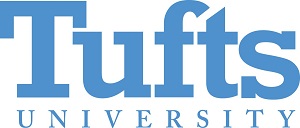






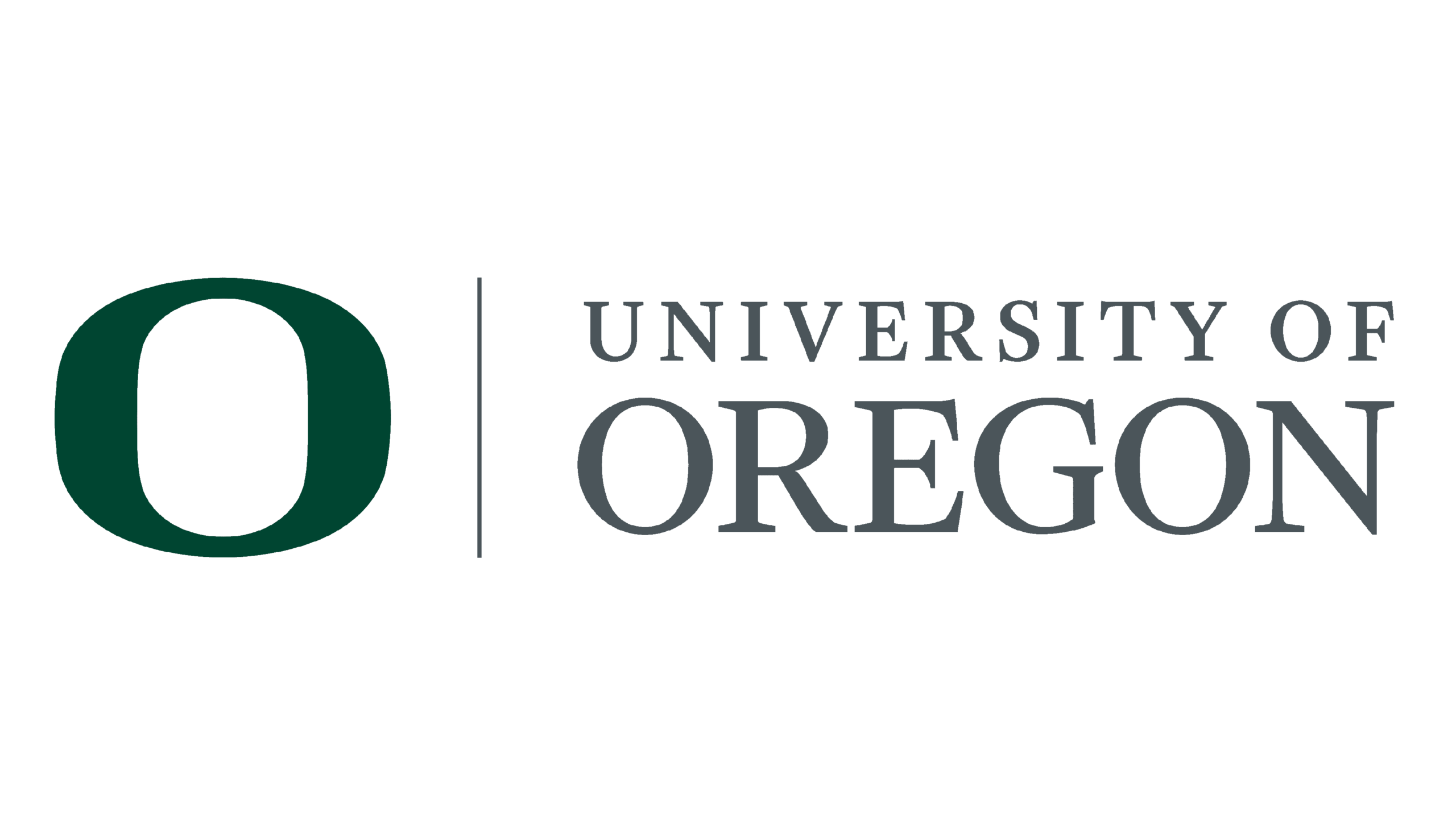

Research Associates provide subject matter expertise, population access, and explore their own vital areas of readability research.
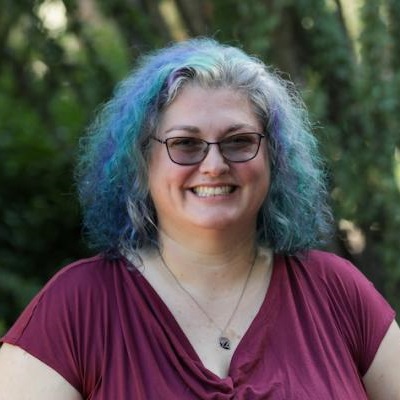
University of Arizona
Shelley Rodrigo, PhD
Rochelle (Shelley) Rodrigo is the Senior Director of the Writing Program; Associate Professor in the Rhetoric, Composition, and the Teaching of English (RCTE); and Associate Writing Specialist (Continuing Status) in the Department of English at the University of Arizona. She researches how “newer” technologies better facilitate communicative interactions, specifically teaching and learning. As well as co-authoring three editions of The Wadsworth/Cengage Guide to Research, Shelley also co-edited Rhetorically Rethinking Usability (Hampton Press). Her scholarly work has appeared in Computers and Composition, C&C Online, Technical Communication Quarterly, Teaching English in the Two-Year College, EDUCAUSE Quarterly, Journal of Interactive Technology & Pedagogy, Enculturation¸ as well as various edited collections. In 2021 she was elected Vice President (4-year term including President) of the National Council of Teachers of English and won the Arizona Technology in Education Association’s Ruth Catalano Friend of Technology Innovation Award, in 2018 she became an Adobe Education Leader, in 2014 she was awarded Old Dominion University’s annual Teaching with Technology Award, in 2012 the Digital Humanities High Powered Computing Fellowship, and, in 2010 she became a Google Certified Teacher/Innovator.

University of Toronto Mississauga
Ben Wolfe, PhD
Dr. Benjamin Wolfe is an Assistant Professor in Psychology at the University of Toronto Mississauga, where he is a Director of the Applied Perception and Psychophysics Laboratory (APPLY). Prior to joining the faculty at the University of Toronto, he was a Postdoctoral Associate at the Massachusetts Institute of Technology from 2015-2020, received his Ph.D. in Psychology from the University of California, Berkeley in 2015, and his B.A. in Psychology from Boston University in 2008.
Dr. Wolfe’s interests in readability are grounded in his work on information acquisition and eye movements, asking how we gather the visual information we need for myriad tasks under conditions of time pressure. This work exists in a use-inspired framework, drawing on applied, practical tasks as a way to understand the underlying visual mechanisms. He is particularly interested in using tools from vision science to help improve reading for all readers.
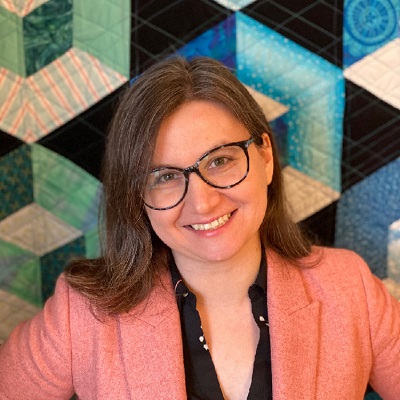
University of Toronto Mississauga
Anna Kosovicheva, PhD
Anna Kosovicheva is an assistant professor in the Department of Psychology at the University of Toronto Mississauga. She does research on visual perception, with a focus on spatial vision, eye movements, and applied perception.

University of Northern Colorado
Joanna Lewis, PhD
Dr. Joanna Lewis is an assistant professor at the University of Northern Colorado. She received her Psychology Ph.D. in 2018 from the University of Central Florida as an NSF GRFP fellow. Her work focuses on the blending of interdisciplinary topics regarding visual attention, anxiety, distraction from technology, usability, cybersecurity, and education.
Dr. Lewis has focused on translating the benefits of individualized typography to new contexts, specifically to mathematical operations. Additional work explores the potential positive outcomes of applying typography recommendations within the classroom to improve digital literacy, particularly for first generation students.

Tufts University
Dave Miller, PhD
Dave Miller earned his doctorate in communication research from Stanford University, where he studied human-computer moral conflict and the human factors challenges of interaction with partially-automated systems. Subsequently he taught at Cornell University and led research focused on enhancing reading performance at the University of Central Florida. Prior to this, he studied persuasive interface design at New York University, earning a master’s degree from the Gallatin School of Individualized Study, and worked with the Persuasive Technology Lab and the Center for Design Research at Stanford University. He holds a bachelor’s degree in human-environment relations with a minor in psychology from Cornell University, and has worked in human factors consulting on projects as diverse as revising the design of Disney character suits and character actor choreography to reduce injury risk, optimizing baggage handling operations, collaborating on the design of barcode scanners, and enhancing hospital infection control procedures.

Principal UX Designer
Bernard Kerr
Bernard Kerr is a serial innovator who uses his design skills to create groundbreaking new hardware and software products, interactions and experiences inside of companies such as IDEO, IBM, Yahoo!, Jawbone, Microsoft and Adobe. He received a MA in Computer Related Design from the Royal College of Art, London, 2000.
His graphic and information design work have help lay the visual foundations of The Readability Consortium, and The Virtual Readability Laboratory. His compelling data visualizations have powered research publications and presentations from the Lab.
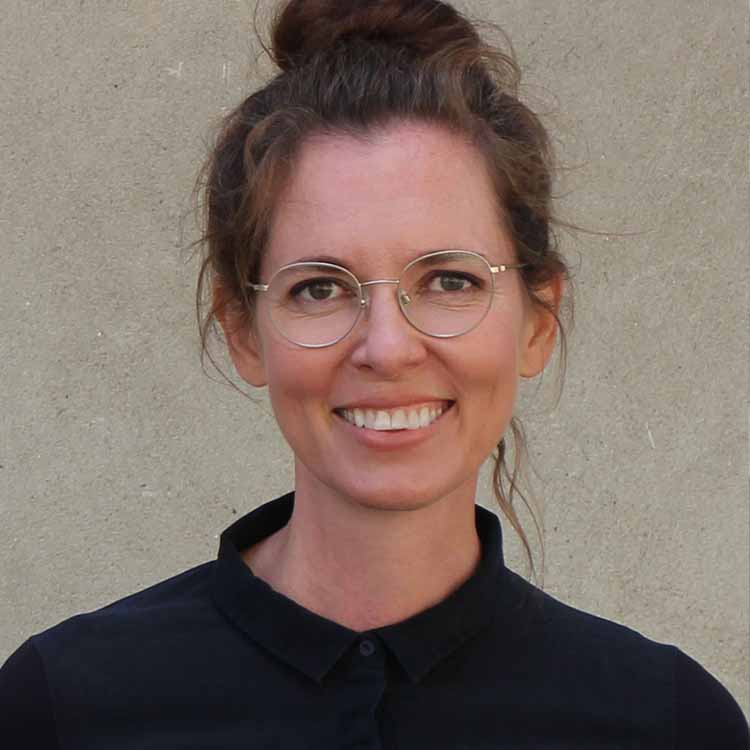
Royal Danish Academy
Sofie Beier, PhD
Sofie Beier is a graphic designer and professor at the Royal Danish Academy, where she is the head of Centre for Visibility Design. She is the author of the ‘Type Tricks’ book series and of ‘Reading Letters: designing for legibility’. She has further published numerous academic papers on typeface legibility. Her research is focused on improving the reading experience by achieving a better understanding of 1) how different typefaces and letter shapes can influence the way we read and 2) how eye-tracking can be used to inform the adjustment of the typographic layout to meet the needs of the individual reader.
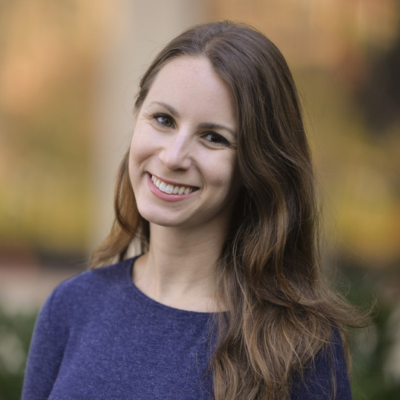
UC Berkeley
Jenae Cohn, PhD
Jenae Cohn writes and speaks about how to support engagement, communication, and critical thinking in digital learning experiences. She currently works as the Executive Director for the Center for Teaching and Learning at UC Berkeley and has held prior roles at California State University, Sacramento, Stanford University and University of California, Davis. She is the author of the book, Skim, Dive, Surface: Teaching Digital Reading (West Virginia University Press, 2021) and the forthcoming book Design for Learning (Rosenfeld Press, 2023). She regularly contributes to The Chronicle of Higher Education, Inside Higher Ed, and Faculty Focus. Supporting instructors in mindful approaches to digital pedagogy, she leads workshops and events for colleges nationwide. As a researcher, she explores digital literacy, student experiences with online learning, and reading and writing across the curriculum. Her first book, Skim, Dive, Surface: Teaching Digital Reading explores ways that higher education instructors can support students in more engaged, focused, and intentional online reading experiences. Her forthcoming book Design for Learning focuses on how user experience principles can inform online learning design, importantly including the structuring and design of text for online courses.

ReadWorks
Susanne Nobles, PhD
Susanne Nobles is Chief Academic Officer at the nonprofit ReadWorks. The mission of ReadWorks is to support the growth of successful, joyful readers by providing K-12 teachers with what to teach and how to teach it—online, for free, to be shared broadly. Susanne has spent her career working to empower educators and students with research, structures, and tools for meaningful and effective learning. She led Digital Promise’s collaborative work with developers, researchers, and educators for the Learner Variability Project (LVP). Susanne has also been an adjunct instructor with Relay Graduate School of Education and was a K-12 teacher and administrator for over 20 years. Her Ph.D. research focused on creating effective digital communities of practice, and her scholarly work has appeared in Computers and Composition, Contemporary Issues in Technology and Education, and Teaching/Writing: The Journal of Writing Teacher Education.
Susanne has helped the TRC apply readability research to K-12 education, partnering on multiple studies, such as “The Influence of Font Format and Font Format Personalization on Comprehension in Child and Adolescent Readers,” currently under peer review. She is also supporting Readability Matters and the University of Oregon as an education research specialist on a readability study focused on increasing reading proficiency through personalized reading formats.

University of New Mexico
Sunaina Shenoy, PhD
Dr. Sunaina Shenoy is an Assistant Professor in the Department of Special Education at the University of New Mexico. She earned a Ph.D. in Special Education from the University of California, Berkeley and completed her post-doctoral work at the Florida Center for Reading Research at Florida State University. She teaches in the Educational Diagnosis Certificate Program at UNM, specializing in courses related to the assessment and identification of students with disabilities. Her research interests are in assessment; early identification of dyslexia in bilingual and multilingual populations; reading acquisition; bilingual special education; and international special education.
She started working as a Research Associate with the Virtual Reading Lab within the Readability Consortium in Fall 2022. She works with the research team from University of Central Florida, led by Stephanie Day, on a study titled, “Child Readability in India.” Her main role is to be a liaison between the research team and schools in India to ensure that is study is run with fidelity. She has been working closely with them on all aspects of the study, including assessing the cultural relevance of passages and generating new passages as needed to align with the Indian context.

Chapman University
Shannon Sheppard, PhD
Dr. Shannon Sheppard is an incoming Assistant Professor of Speech and Hearing Sciences at the University of Washington starting in Fall 2023 (currently an Assistant Professor of Communication Sciences & Disorders at Chapman University). She is the Director of the Cognition Rehabilitation And Neuroscience In Atypical Language Lab (CRANIAL LAB). Dr. Sheppard is a cognitive scientist and conducts interdisciplinary research encompassing several fields including neuroscience and linguistics. Her research aims to investigate how the brain understands spoken and written language. Another goal is to determine how we can improve language and reading comprehension in multiple populations, ranging from the average reader to individuals with language and reading disorders.
Lab Website: www.cranial-lab.org
Facebook page: https://www.facebook.com/cranial.lab/
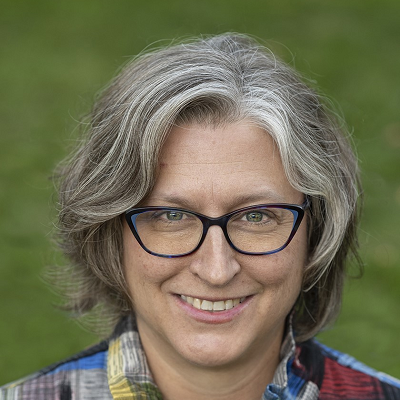
EdTechCenter@World Education
Jen Vanek, PhD
Jen Vanek, PhD, is a researcher and teacher educator who focuses on digital literacy, online learning, and adult English literacy and language learning. Her methodological focus is qualitative educational design research based on socio-cultural and critical theoretical frameworks. As part of her work at the EdTech Center@World Education, Jen is leading field tests of Liquid Mode, a feature of Adobe Acrobat Reader, which supports reader control and personalization of text in PDFs read on mobile devices. This research builds on other current studies with adult readers in the US and Eastern Africa, which collectively inform adult education practitioners, education policy and teacher education leaders, and software developers on relevant uses of digital technologies to support adult literacy development and engagement with digital text.
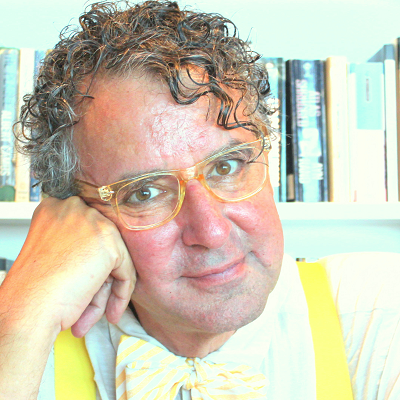
New York University
Denis Pelli, PhD
Dr. Denis Pelli studied applied math at Harvard (BA in Applied Math, magna cum laude) and vision at Cambridge (Physiology PhD), with Campbell and Robson. At Minneapolis (one-year postdoc with Legge), Syracuse (professor), and NASA Ames (sabbatical with Watson and Ahumada), he worked on visual requirements of reading and mobility, on visual testing (e.g. the Pelli-Robson Contrast Sensitivity Chart), and on characterizing the limits of visual perception. Since 1995 he has been Professor of Psychology and Neural Science at New York University, studying letter and object recognition.

Dalton Maag Ltd.
Bruno Maag
Bruno Maag started his career as a typesetter before attending the Basel School of Design in Zurich, Switzerland where he trained in typographic design and Visual Communications. Later, Bruno worked on Monotype in London and in Chicago in leading roles including using Apple Macintosh custom font development.
A pioneer in combining design with font technologies, Bruno created one of the first custom Multiple Master fonts (now Variable Fonts) for the OUP. He also has provided the creative lead for later projects such as Ubuntu, BMW, Mini, Nokia, HP, Intel, Amazon and many more.
Most recently, Bruno has taken a deep interest in typographic accessibility and the neurological aspects of reading, supported by his partner, Dr. Alessia Nicotra, MD and Neuroscientist.
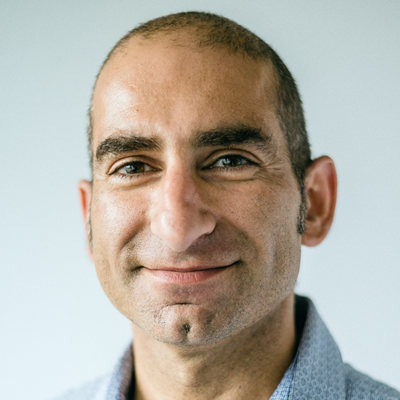
University of Reading
Gerry Leonidas
Gerry Leonidas is a Professor of Typography at the University of Reading, UK. His work focuses on typeface design processes across scripts, with a distinct strand in Greek typeface design and typography. Collections and archives, including ephemera and evidence of making, are central to Gerry’s research and supervision. He champions the use of qualitative analysis of artefacts in typographic discourse, for reframing narratives in typography and typeface design. Gerry works regularly on knowledge transfer projects and expert reviews, and is an active sponsor and mentor. He is a past President of ATypI, and co-founder of ISTVC and the Granshan Foundation.

University of Oregon
Joe Nese, PhD
Dr. Joe Nese is a Research Associate Professor at Behavioral Research and Teaching at the University of Oregon. He received his Ph.D. in school psychology from the University of Maryland, and his B.A in Psychology from the University of California at Santa Barbara. His goal is to bridge assessment and intervention in a meaningful way; to provide access to reliable and relevant data, interpret student responsiveness to intervention, and offer instructional recommendations to teachers to increase student achievement. In addition to Co-PI of the ISLA Project, Dr. Nese is the PI of CORE and CORE + Prosody, projects to develop and validate a computerized assessment system of oral reading fluency.

Carnegie Mellon University
Jocelyn Dueck, PhD
Dr. Jocelyn Dueck assists researchers in developing machine learning tools that can improve how people read and comprehend the written word. Jocelyn recently collaborated with The Readability Consortium to study participants reading aloud and score how fluent the reader is in the spoken language. This data and the tools the VRL team is building will improve digital reading for next-generation reading platforms.

University of Rhode Island
Shaun Wallace, PhD
Shaun Wallace, PhD (University of Rhode Island), combines industry experience with Human-Computer Interaction expertise to develop interactive public data systems. His research has been recognized by various organizations; for example, he earned a UserTesting Illumi Award, was listed in Fast Company’s Annual List of World‑Changing Ideas, and has been acknowledged by the Nielsen Norman Group, NASA, Washington Post, and Skoll World Forum. He builds public research systems as products to personalize and augment human information interactions. Over the past 10 years, he has architected three public research systems, including the Virtual Readability Lab, attracting hundreds of thousands of users and publishes at top HCI venues. With the TRC, he plans to build new public open-source systems allowing everyday people to tailor their text to improve reading outcomes across different devices and cultures.
Associate Groups


Readability Consortium Monthly Sync
Once a month over 100 readability stakeholders, including our Members and Research Associates, gather for a virtual monthly sync, which provides an ongoing scan of readability developments in research, industry, government, and beyond. This community is by invitation only.
